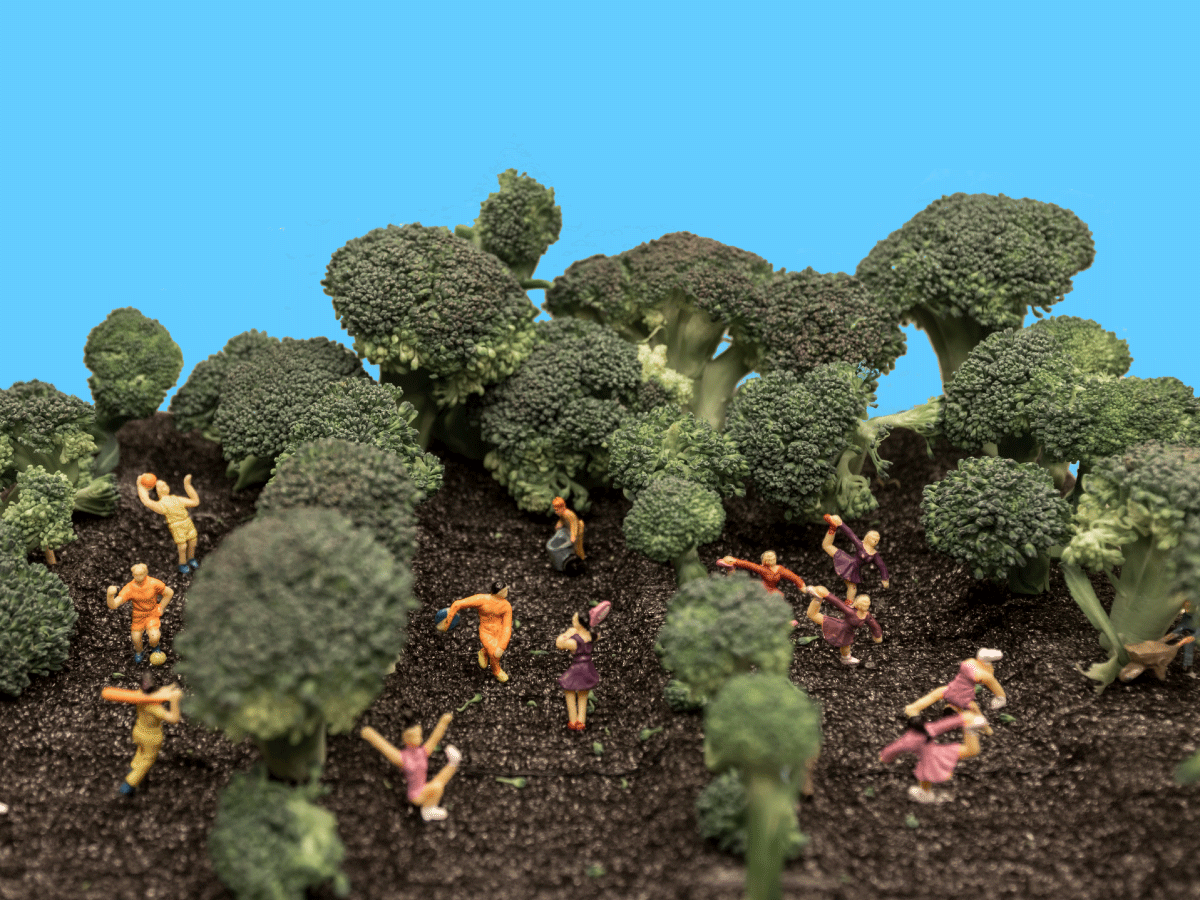
Social marketing is a way of communication that encourages behavioural change, focusing on the attitudes of the consumer and their impact on the world around them. It promotes concepts that affect society as a whole, helping us to do something we don’t necessarily want to do, for our own benefit and for that of others, like responsible consumption or switching to clean energy.
Social marketing isn’t to be confused with “social media marketing”. While they both constitute forms of communication, nowadays, Facebook, Instagram and Twitter are just tools for an effective social marketing strategy. Social marketing requires a deeper understanding of the people that an organisation or a government is trying to help, measuring the outcome of a campaign rather than just the number of clicks, allowing us to focus on the most effective activities for social change and paving the way towards achieving the Sustainable Development Goals (SDGs).
Social marketing differs from standard marketing, whose techniques are usually quite unsustainable and don’t tend to prioritise environmental concerns, as they are often profit oriented. Social marketing does concentrate on what we might want or need, speaking to the consumer directly, but for a truly successful social marketing campaign, you need to ask yourself how to turn something hard into something that’s easy, popular and fun.
“Convincing people they’re wrong is difficult. Giving them the means to do what they’re already doing a little bit better is easier.”
Stephen Denny, 2011.
You can’t get people to do what you want them to do if they don’t agree with the product you’re selling them in the first place. For example, in Turkey it’s illegal not to wear a seatbelt whilst driving, but less than 20% of people actually do, because it’s commonly perceived that if there’s an accident they might get stuck and not be able to escape (which is of course false). It’s important to persuade people to change the way they think, rather than forcing an idea onto them that they don’t support.
But there are instances where such underlying issues have been addressed, particularly relating to SDG 3: Good Health and Wellbeing. In several towns across the UK, local police officers started handing flip-flops to drunk women wearing high heels on nights out so that they wouldn’t slip and injure themselves. Taking into account the saved hospital costs, the police figured out that it’d only take two people per year to stop falling over for the scheme’s price to cover itself.
Regarding the place of social marketing, using design to embarrass people into healthy eating and exercising is also an effective method. For example, in the Netherlands, the Fitness First gym put a screen on a bus stop billboard that displays your weight as you sit on the bench, encouraging passengers to remain standing while waiting for the bus.
An example of using social marketing to achieve SDG 15: Life on Land can be seen in the Greenpeace advert (this video contains blood, so don’t watch if you’re squeamish) on palm oil. This gruesome video brings attention to large corporations who buy this type of oil from companies that are destroying the rainforest as a result, merely to produce something as innocent as a chocolate bar, playing on the viewer shock factor.
Humour, shock and shame aside, this form of marketing is a democratic, empowering and respectful way to work with other members of society. The brand works with you as a way of creating solutions to real-life challenges, rather than simply saying, “we’re the experts and we decide what the answer is”; a truly efficient way of helping us to reach the SDGs together as a society.

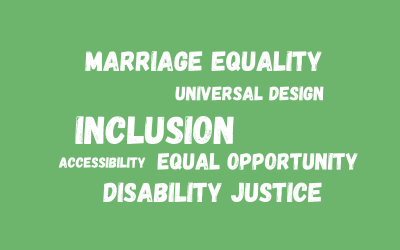
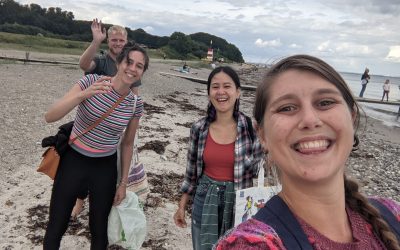

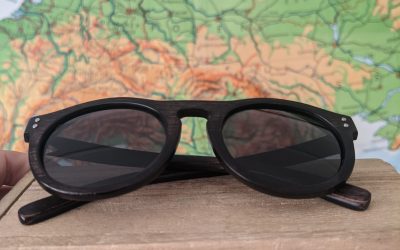



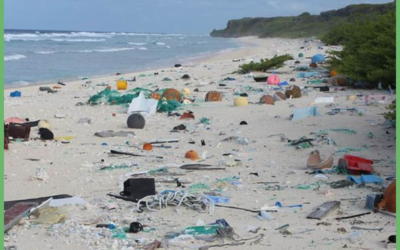
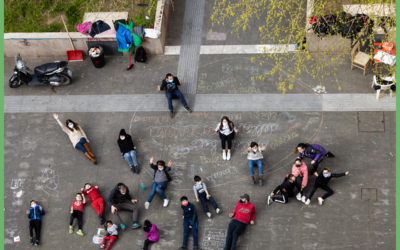


0 Comments